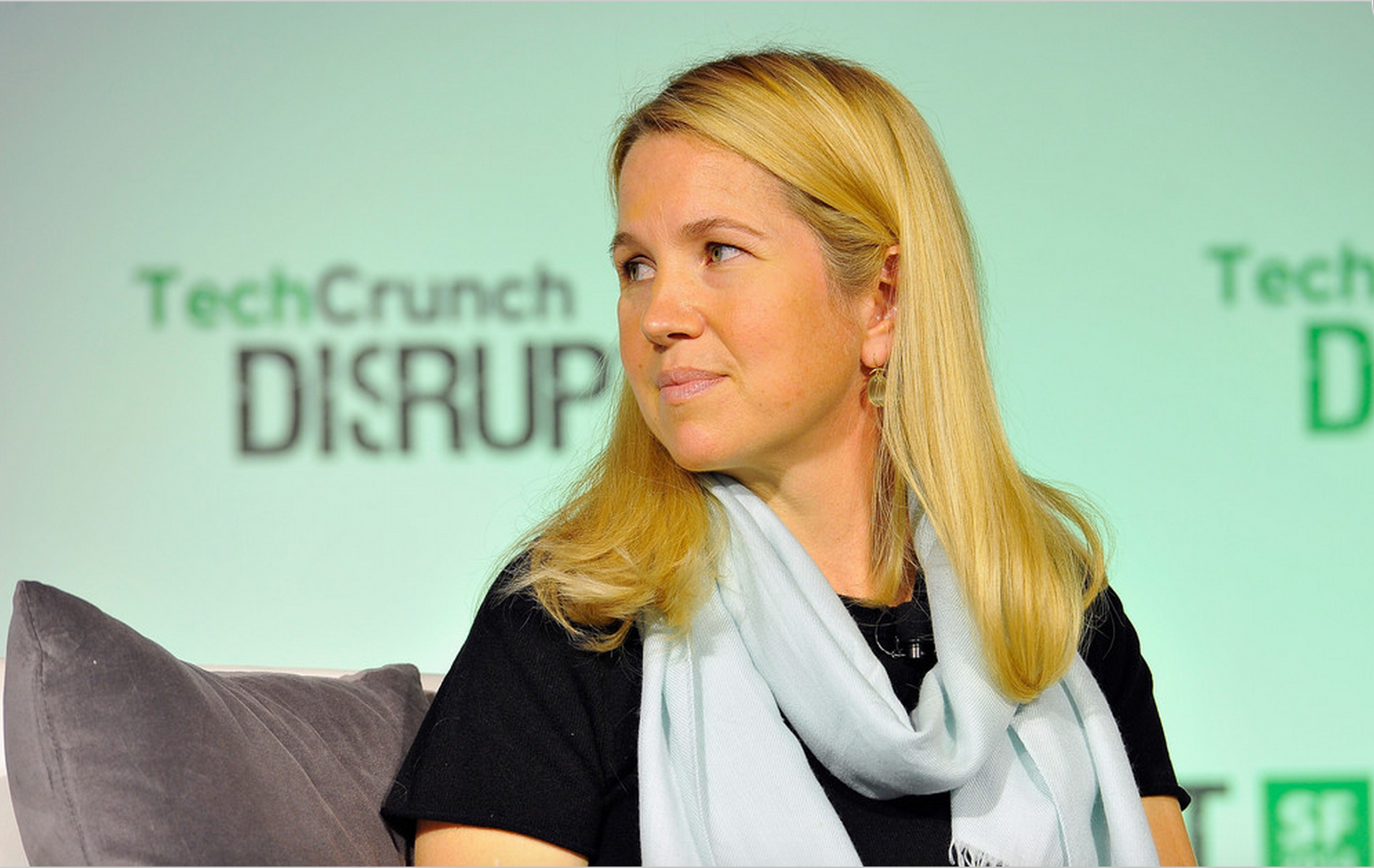Jessica Livingston (Y Combinator): “The Sound of Silence”
- Transfer

Not so long ago, I heard very unique information about Silicon Valley. She explained something that had interested me for years.
But I can’t say what it was.
There are too many shortcomings in the exchange of opinions, which may be misinterpreted on the Internet. It is dangerous to share even facts if they do not coincide with what people want to believe.
Recently, many have been worried about "fake news." And this is indeed a problem, but there is another: true things that are not talked about.
Some of the most useful things I've learned about startups in recent years also relate to things that I will never share publicly. Not because ideas are contradictory in their own right, but because anyone can distort them in such a way that they will start to seem contradictory if they are sufficiently motivated. And when this happens, I immediately begin to regret that I said anything. This is very distracting. I have two young children and hundreds of startups that need to be monitored. I don’t have time for people who are trying to misunderstand me.
Not surprisingly, successful organizations and people are the most interesting goals for this kind of intentional misinterpretation. They have a power that makes them interesting and makes others envy them; I teach project creators that they should all be prepared for this as their startups grow.
On my blog, I wrote a post titled “ Pitfalls in the midst of a startup’s implementation, ” in which I said:
“You cannot prevent one day from becoming a target. This is an automatic consequence of success. Therefore, the best thing you can do is react correctly when people attack you. To some extent, you must be humble in order to allow people to lie about you. ”
The problem is that the most successful people in the industry tend to possess valuable industry information. Therefore, you lose a lot when they are silent. And also, if they do not disseminate this information, it makes the powerful even stronger. This means that useful information remains among insiders such as myself, for example.
Another flaw in the public exchange of ideas is that we are losing the dialogue that they would start. Before Twitter appeared and before the media became dependent on views, Paul Graham published an essay entitled “What You Can't Tell About , ” where he wrote:
“The problem with keeping your thoughts secret is that you are losing the benefits of the discussion. A discussion of one idea leads to more ideas. Therefore, the best plan, if possible, is to have several friends whom you can trust and with whom you can speak openly. ”
Thirteen years later, it became my standard plan. There are too many shortcomings in being distracted by the opinions of others about my opinion. [1] I am not afraid to express my opinion. I just think: “Why?”
It's great that technology has given more people a voice on the Internet. But this does not necessarily mean less disagreement in the exchange of ideas, because some voices drown out others.
How do we solve the problem? I don’t know, but I hope that a solution exists. I hope that we are now in stage 1.0 for social media, and that technology will ultimately lead us to the second phase in which we can speak more openly. [2]
I am very scared of the prospect that the most knowledgeable people in their fields will think: “This is what I need to comment on. No, what's the point? Too many flaws. ”
This is what is happening now, and we don’t even know how much is going on; because how is it possible to measure the sound of silence?
Notes
[1] One of my favorite parts of “What You Can't Say” :
Darwin himself was cautious when discussing the meaning of his theory. He wanted to spend time thinking about biology, and not arguing with people who accused him of atheism.
[2] I hope that on Facebook we can communicate more openly than anywhere else. And, perhaps, this is a hint about the direction in which social networks of version 2.0 should move.
More about Jessica Livingston
- Chat with Jessica Livingston: tips for startups from partner Y Combinator
- Jessica Livingston on how a startup can't die
- Paul Graham Blog: Talk About Jessica Livingston
- How I fell in love with the startup world

#philtech (technologies + philanthropy) are open, publicly described technologies that align the standard of living of as many people as possible by creating transparent platforms for interaction and access to data and knowledge. And satisfying the principles of Filtech:
1. Open and copied, not competitively proprietary.
2. Built on the principles of self-organization and horizontal interaction.
3. Sustainable and perspective-oriented, rather than pursuing local benefits.
4. Built on [open] data, not traditions and beliefs
5. Non-violent and non-manipulative.
6. Inclusive, and not working for one group of people at the expense of others.
Accelerator of social technology startups PhilTech- A program for the intensive development of early stage projects aimed at equalizing access to information, resources and capabilities. The second stream: March – June 2018.
Chat in Telegram A
community of people developing filtech projects or simply interested in the topic of technologies for the social sector.
#philtech news
Telegram channel with news about projects in the #philtech ideology and links to useful materials.
Subscribe to the weekly newsletter
